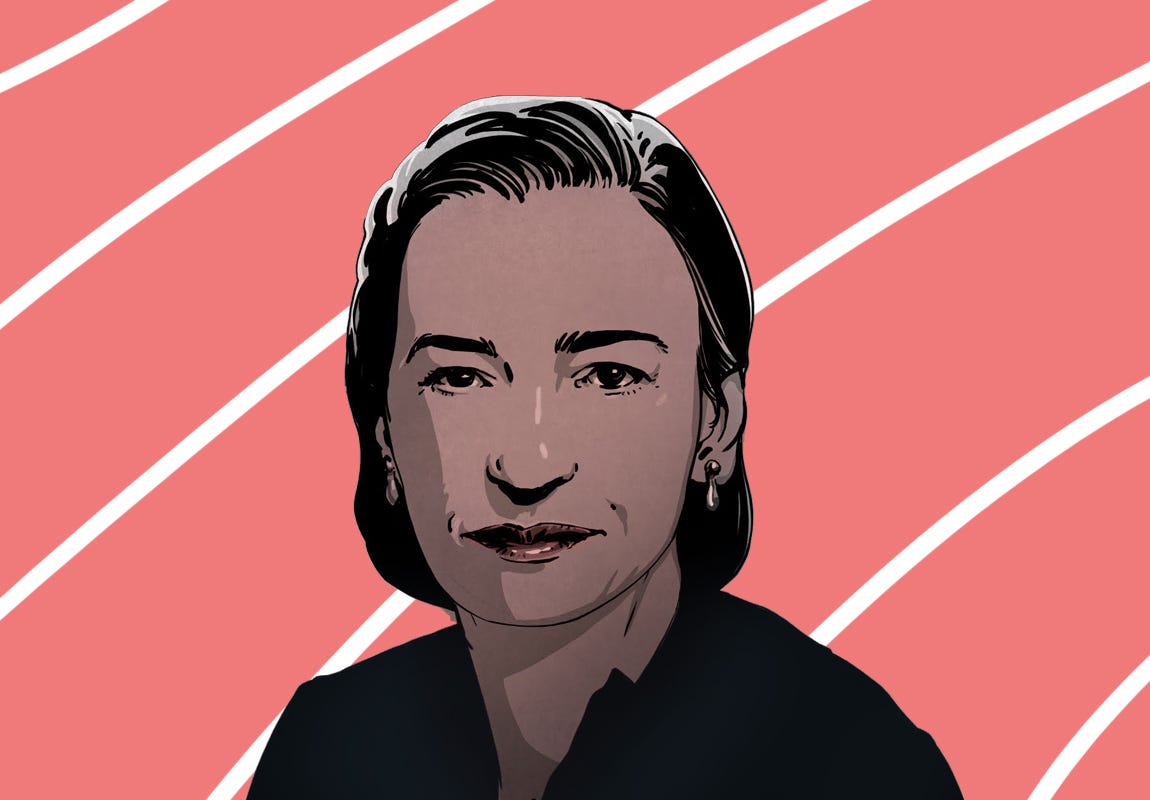Grace Hopper: The Master Brain that Tamed the Computers
Grace Hopper was an American mathematician and a rear admiral in the U.S. Navy who pioneered developing computer technology by inventing a compiler that inspired the famous computer language COBOL and headed the team that created the first all-electronic digital computer, UNIVAC I.
Grace Brewster Murray was born on December 9, 1906, to Walter Fletcher Murray, an insurance executive, and Mary Campbell Van Horne in New York City, USA. Grace was an enthusiastic child from a very early age. Dismantling clocks to study their mechanism was one of her childhood hobbies. Walter and Mary did everything possible to provide their daughter with the best education. Grace was sent to a preparatory school in New Jersey for her primary education. Later, she enrolled at Vassar College and graduated Phi Beta Kappa in 1928. She began teaching at the same college after completing her Master's and PhD in Mathematics from Yale University. Grace married Vincent Foster Hopper in 1930 after her Master's, officially becoming Grace Hopper. Grace's PhD in 1934 was an outstanding achievement a woman could have at that time.
Grace remained an assistant professor at Vassar until World War II. In December 1943, she joined an all-female United States Naval Reserve division known as Women Accepted for Volunteer Emergency Services (WAVES). In June 1944, she was commissioned as a lieutenant and assigned to the Bureau of Ordnance Computation Project at Harvard University, considering her mathematical background. Through her involvement in the project, Grace learned to program a Mark I, the first large-scale automatic calculator and an early prototype of the electronic computer. She computed rocket trajectories, calibrated minesweepers, and set up calculations for the Army while employed at Harvard, all of which helped with the war effort.
After the war, Grace continued as a civilian research fellow at Harvard while remaining in the Navy as a reserve officer. She wrote the first computer manual, a 500-page book titled A Manual of Operation for the Automatic Sequence Controlled Calculator, in 1946. The manual described the fundamental operating principles of computing machines. She also got to work with the Mark II and Mark III computers. Grace is credited as the person who coined and popularised the term "bug," which describes a computer malfunction.
Besides being a remarkable computer scientist, Grace also lectured widely on computers and their future.
Following her passion for working with computers, in 1949, Grace moved into private industry and joined the Eckert-Mauchly Computer Corp. While employed at the company, she created the compiler, a program that simplified computer language. Compilers are Grace's most significant contribution to the field of computer science, which translates a programmer's instructions into codes that computers can read. The Common Business Oriented Language, also known as COBOL, which became prominent worldwide as the first English-language data-processing compiler, was inspired by Grace's compiler. In addition, she headed the team that created the first all-electronic digital computer, UNIVAC I. Grace stayed on with the firm when Remington Rand acquired the company in 1951 and later Sperry Rand Corp in 1955.
Besides being a remarkable computer scientist, Grace also lectured widely on computers and their future. She foresaw the future where computers fitted on a desk and became a part of everyday life. Though Grace retired from the Naval Reserve in 1966, she was recalled to duty at age 60 to standardise communication between different computer languages. Grace was promoted to Captain in 1973, Commodore in 1983, and Rear Admiral in 1985. She actively served for another 19 years and finally retired in 1986, at age 79, becoming the oldest serving officer in the service.
Post-retirement, she took another job and stayed in the computer industry for many more years. Grace Hopper died on January 1, 1992, at age 85, in Arlington, Virginia. Her work in the field of computer science received worldwide recognition and honour. Grace was elected a fellow of the Institute of Electrical and Electronic Engineers in 1962. In 1969, she was named the first computer science Man of the Year by the Data Processing Management Association. In 1991, Grace became the first female recipient of the National Medal of Technology. The Navy in San Francisco commissioned USS Hopper, the guided missile destroyer, in 1997. She was posthumously honoured with the Presidential Medal of Freedom in 2016.


